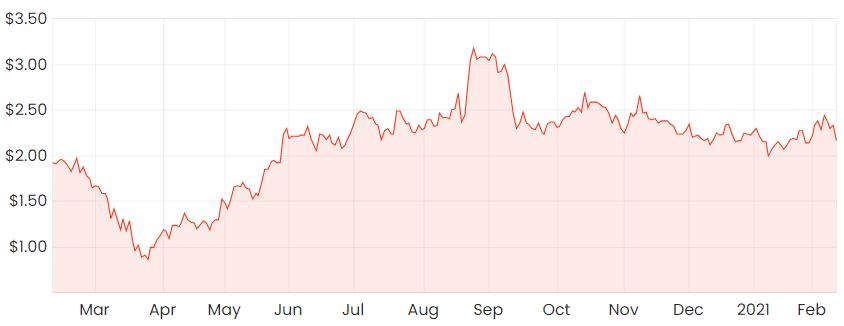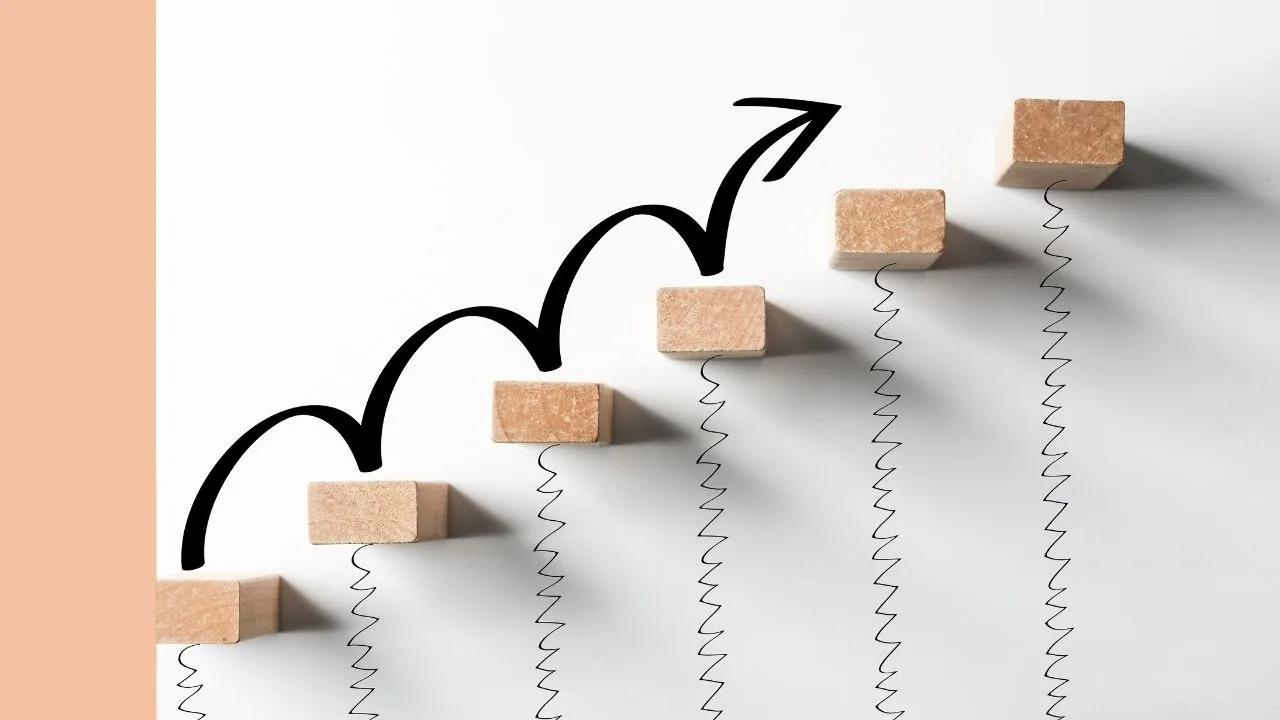Nearmap Ltd (ASX: NEA) shares skidded into an ASX trading halt on Thursday after sliding down 7%. This came following a short report against the company released by J Capital Research, the firm behind the WiseTech short in 2019.
Nearmap shares will remain in a trading halt until the company releases an announcement on Monday, 15 February 2021, when it will respond to the report and also release its half-year results.
NEA share price chart

The details
The extensive 27-page NEA short report alleges that Nearmap’s US segment has underperformed in recent years, but has been covered up by various accounting tricks. One of the main allegations is that revenue has been brought forward by being more lenient on what is considered as services provided.
Additionally, JCap claimed Nearmap’s capture costs have been excluded as operating cash flows from FY19 in an attempt to hide poor operating cash flows.
The company’s gross margins in its US segment is supposedly on a downwards trend, resulting from an increasingly competitive landscape and a short-sighted pricing policy which makes contracts too expensive, especially in the critical government sector.
Are these issues a cause for concern?
I think it’s too early for me to say. We should judge Nearmap’s response first.
If you’re skilled in investigative accounting, you might be able to come to a more definitive conclusion than the average investor and determine if the lenient accounting is actual material. Sometimes companies can have good reason to use more lenient accounting policies.
In saying that, while I respect the place that short-sellers have in financial markets, it’s also worth noting they are not always correct. And it might be the case that Nearmap simply denies the allegations and provides more clarity into the issue. Personally, I wouldn’t be prepared to write off Nearmap based on this alone report just yet — often we’ll see a response to the response.
Pricing issues
As previously mentioned, one allegation from JCap is that Nearmap is experiencing declining gross margins, primarily in its US segment.
Low gross margins aren’t ideal for an investor. However, given the continued development of Nearmap’s US growth opportunity, I would’ve thought that these two things go hand-in-hand as the business prioritises sales growth over margin expansion.
According to JCap, Nearmap’s technology isn’t up to standard compared to some of its competitors such as Eagleview, which can apparently capture twice the ground area of Nearmap’s on the same flight. As a result, Nearmap’s costs for its images are reportedly “at least twice that of Eagleview’s”.
JCap is claiming that the increased cost of doing business is essentially being passed on to the consumer, with various examples of customers being charged much higher rates compared to what its competitors would charge for a similar service.
Some of the Glassdoor reviews for the company confirm this sentiment, with a number of disgruntled former employees claiming that Nearmap’s product wasn’t up to standard, yet was still priced at a premium, and sales goals were often high despite the average contract size being relatively low.
I will note that JCap has reached out to former clients and employees to receive this negative feedback. But are these opinions representative of all clients and employees? Potentially not.
In saying that, some of these claims relating to the competitive landscape and the pricing models are slightly concerning in my eyes and it will be interesting to see how Nearmap responds to these concerns.
What now?
When I last wrote about Nearmap shares a couple of weeks ago, my overall sentiment was to hold, while still noting the continued growth opportunity in the US and the investment into the company’s fourth-generation camera system and new internal systems.
If some of JCap’s allegations surrounding the competitive landscape and the pricing issues prove to be true, it would likely change my own conviction towards the company considering the US opportunity was a core part of the investment thesis — and justified its $1 billion valuation.
Even without the allegations from this recent short report, there were a couple of reasons why I would’ve held off buying. While the company can boast a debt-free balance sheet, Nearmap has a history of burning cash to fuel investment, supported by multiple capital raisings.
Shares on issue have gone up nearly 40% in about four years and it doesn’t seem like the business is stable enough to be self-sufficient to start generating free cash flows, which it can then use for investment spending.
Nearmap will bring forward its half-year results on 15 February and respond to JCap’s report. While management has said it’s experienced strong growth in Annualised Contract Value (ACV) recently despite the effects of COVID-19, this sentiment is contrary to JCap’s allegations.









